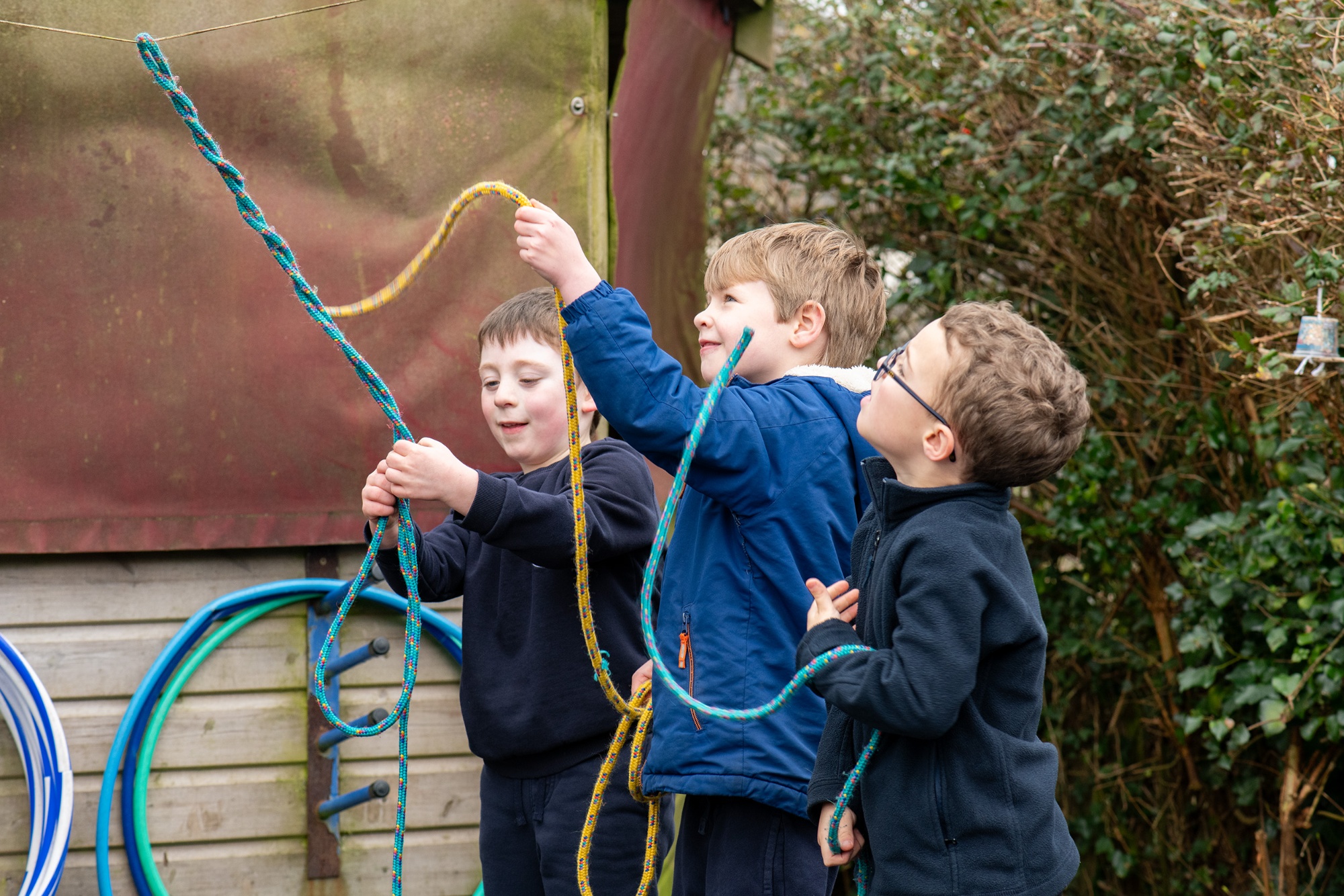Personal, Social, Heath and Economic Education
Personal, Social, Health, Economic Education

Intent
Our School values underpin our ethos; every child is valued and encouraged to achieve their full potential. Every member of our school community is encouraged to respect and value each other. Wherever possible we make close links between our values, worship and PSHE curriculum.
Personal, Social, Health and Economic education (PSHE) are an important and necessary part of all pupils’ education. Through a planned programme of learning, we aim to provide our pupils with the knowledge, understanding and skills that they need in order to manage their lives both now and in the future. As part of a whole-school approach, we aim to develop the attributes our pupils need to thrive as individuals, as part of a family and as confident members of the wider community.
We want our children to learn to understand and respect our common humanity, diversity and differences so that they can go on to form the effective, fulfilling relationships that are an essential part of life and learning.
Pupil Learning Intentions
We want our children to develop self-awareness, positive self-esteem and confidence, enabling them to:
- Have a sense of purpose
- Value self and others
- Form relationships
- Make and act on informed decisions
- Communicate effectively
- Work with others
- Respond to challenge
- Be an active partner in their own learning
- Be active citizens within the local community
- Explore issues related to living in a democratic society
- Become healthy and fulfilled individuals
Implementation
PSHE (which includes Relationships and Sex Education) is taught weekly through a planned programme of work. The programme brings together PSHE Education, emotional literacy, social skills and spiritual development. Teaching strategies are varied and are mindful of preferred learning styles and the need for differentiation. The curriculum has been designed as a whole school approach, with all year groups working on the same theme at the same time.
We also aim to cover aspects of PSHE through special theme days and weeks e.g. Healthy Living week.
In addition to following the PSHE Association programmes of study, opportunities for exploring aspects of PSHE will be capitalised upon e.g. through literacy sessions where a core text may involve questioning a character’s motivation for their actions etc.
Learning and Teaching
In line with our Teaching and Learning Policy, a range of teaching strategies will be used to ensure that learning is purposeful, active and exciting. All pupils will work within a safe, secure climate to be able to explore their own and others’ attitudes, values and skills. Lessons will involve a high level of interaction where each pupil has planned opportunities for learning which will give them scope to work to their full potential.
Establishing a safe, open and positive learning environment based on trusting relationships between all members of the class, adults and children alike, is vital to successful and effective teaching and learning within this subject. Each class will establish ground rules largely based on the following:
- We take turns to speak
- We use kind and positive words
- We listen to each other
- We have the right to pass
Impact
The children’s knowledge and understanding are assessed through observation, discussion and evaluations of the work completed in the Jigsaw journals. In line with the school policy on assessment and recording it is expected that each teacher is responsible for the regular assessment of his or her pupils through marking work set. The data gathered is used by the class teacher to ensure that each pupil is set work that is appropriately challenging. General comments about PSHE are included in annual reports to parents. Individual pupil profiles will also reflect areas of health and well-being.
